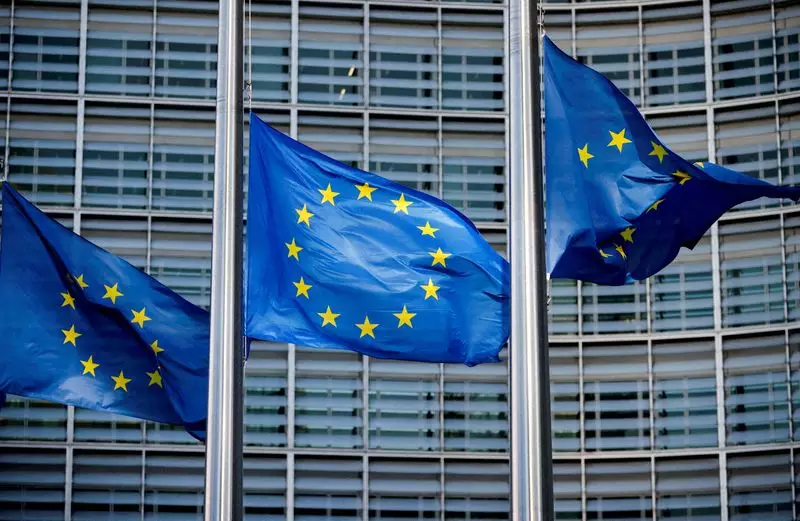The European Union has once again taken a firm stance against Russia’s actions in Ukraine by implementing new sanctions. This 14th package of sanctions includes restrictions on Russian gas, marking a significant step in the EU’s efforts to exert pressure on Russia. While these measures are aimed at punishing Russia for its aggression, it is crucial to analyze the impact and effectiveness of these sanctions.
One of the key components of the new sanctions is the ban on re-exports of Russian liquefied natural gas (LNG) in EU waters. This move is intended to reduce Russia’s access to key energy revenues and technologies. However, some EU countries still import pipeline gas from Russia via Ukraine, highlighting the complex nature of Europe’s energy dependence on Russia. Despite the restrictions on LNG, experts suggest that the overall impact on Russian gas exports may be limited, as trans-shipments of gas to Asia make up only a small portion of Russia’s total exports.
Loopholes and Watered-Down Measures
While the EU package of sanctions is meant to be hard-hitting, there are concerns about potential loopholes and shortcomings. One of the proposed measures, aimed at preventing circumvention by EU companies operating in third countries, was ultimately watered down at the behest of Germany. This decision raised questions about the effectiveness of the sanctions and the EU’s ability to close existing loopholes. Additionally, the dropped measure highlights the challenges of implementing cohesive and unified sanctions across all EU member states.
The EU’s latest package of sanctions includes additional entities and individuals on the sanctions list, bringing the total to 2,200. This expansion is indicative of the EU’s ongoing efforts to target Russian entities and individuals involved in activities that support the conflict in Ukraine. By adding more entities to the sanctions list, the EU aims to increase pressure on Russia and deter further aggression. However, the effectiveness of these measures will depend on the enforcement and implementation by EU member states.
As the EU prepares to formally approve the new sanctions, it is essential to monitor their impact and effectiveness. The measures targeting Russian gas exports and the shadow fleet moving Russian oil are important steps in limiting Russia’s access to critical resources. However, the EU must remain vigilant in addressing potential loopholes and adapting its sanctions regime to respond to changing circumstances. The ongoing conflict in Ukraine underscores the importance of maintaining a strong and united front against Russian aggression.
The EU’s latest sanctions against Russia demonstrate a continued commitment to holding Russia accountable for its actions in Ukraine. While the measures are a significant step in increasing pressure on Russia, there are challenges in implementation and enforcement that must be addressed. By closely monitoring the impact of the sanctions and addressing any shortcomings, the EU can strengthen its stance against Russian aggression. The conflict in Ukraine remains a pressing issue, and collective action by the EU is crucial in promoting peace and stability in the region.


Leave a Reply